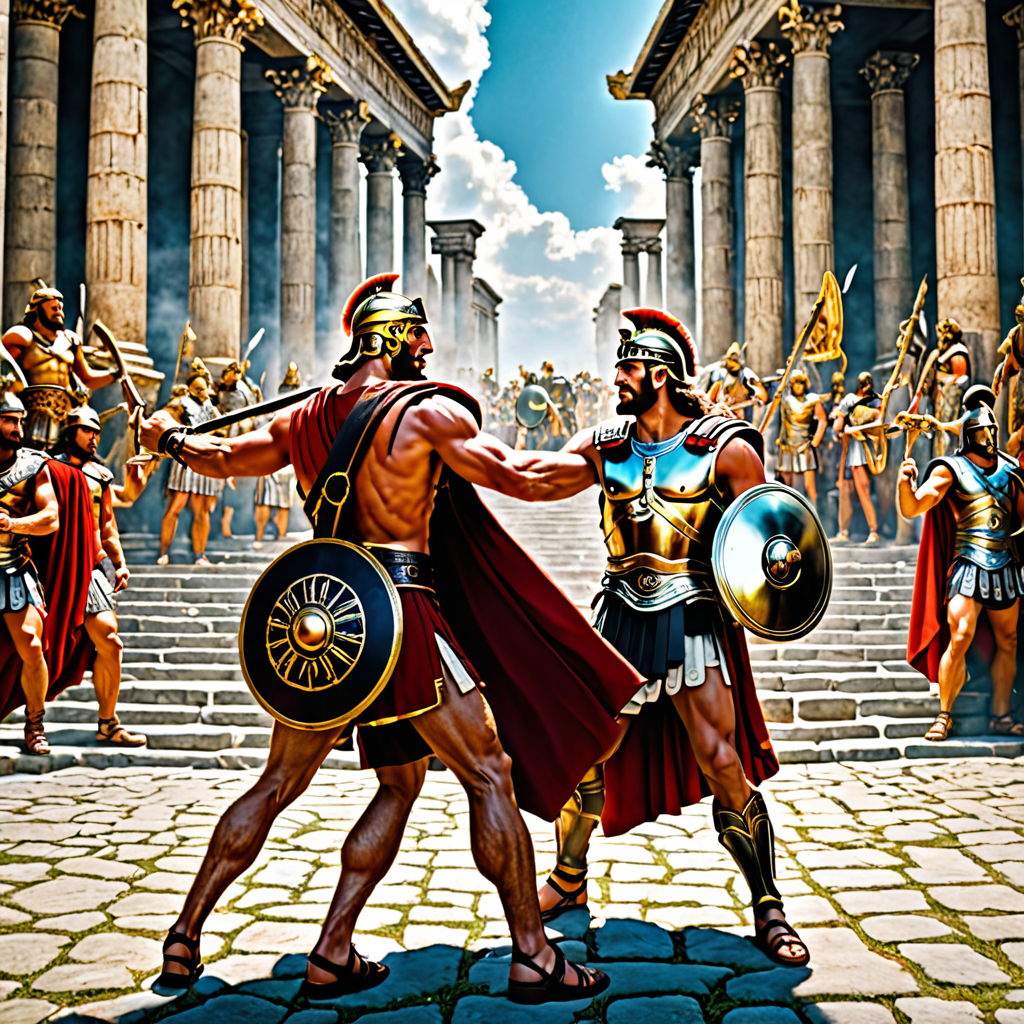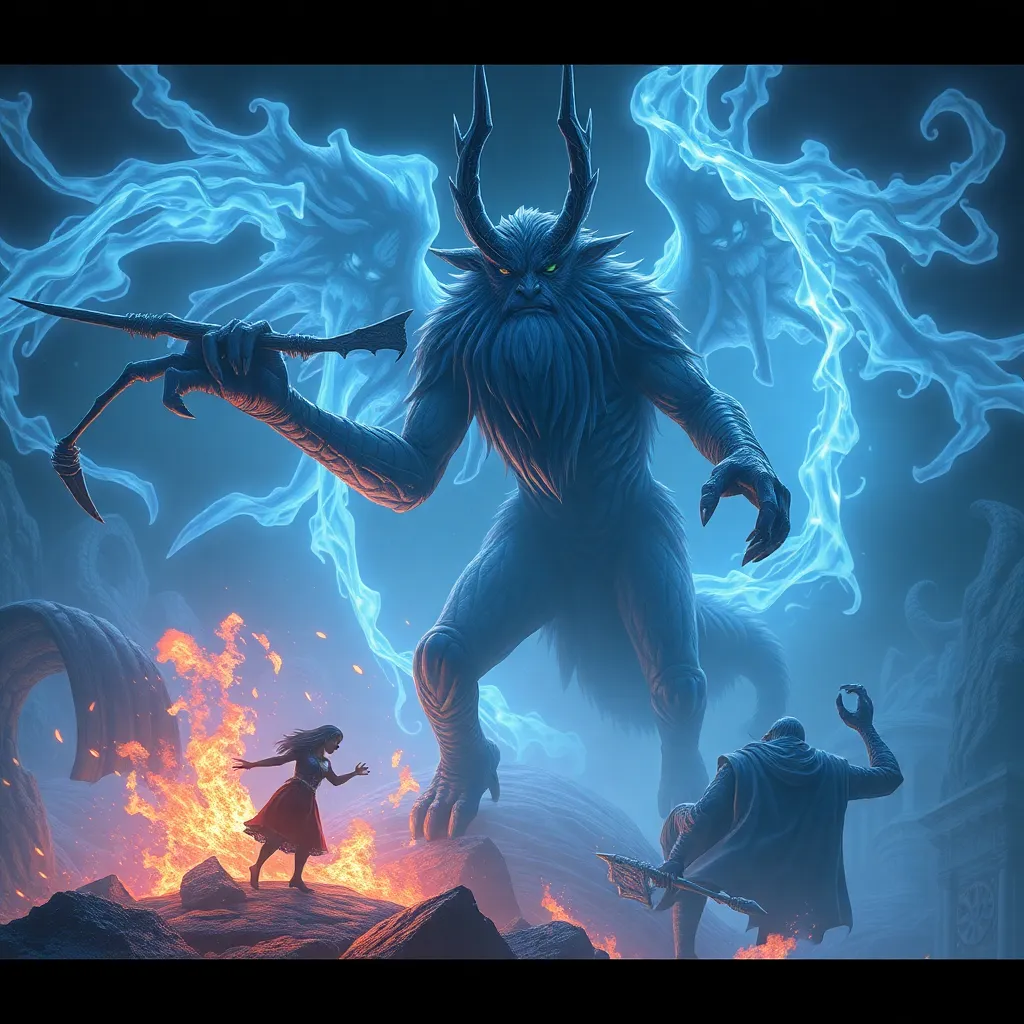Roman Mythology: Tales of Conquest and Defeat
The Legacy of Roman Mythology in History
Roman mythology is a rich tapestry of stories that have influenced art, culture, and literature for centuries. The Roman gods and goddesses were often intertwined with historical events, embodying the virtues and vices of humanity. From Jupiter, the king of the gods, to Venus, the goddess of love, each deity played a significant role in shaping the Roman civilization’s beliefs and values. These myths not only entertained the people but also provided explanations for natural phenomena and moral teachings. The conquests and defeats of the Roman Empire were often interpreted through the lens of these divine tales, adding depth and meaning to historical events.
Conquest: The Rise of Rome
The founding myth of Rome, involving Romulus and Remus, sets the tone for the city’s destiny as a powerful conqueror. The Romans believed that their city was destined for greatness, and this conviction fueled their military conquests across Italy and beyond. The god Mars, the father of Romulus, was revered as the patron of war and bolstered the Roman legions’ confidence in battle. Victories in wars against the Carthaginians, Gauls, and Greeks were often depicted as divine rewards for following the will of the gods.
Defeat: The Fall of Rome
Despite its prowess in conquest, Rome also experienced significant defeats that echoed through its mythology. The story of the fall of Rome is complex, with internal strife, invasions, and economic challenges contributing to its decline. The Romans saw defeat as a test of their resilience and a punishment from the gods for straying from virtue. Myths of heroes like Aeneas fleeing the burning city symbolize the loss and redemption that accompanied Rome’s fall. The defeat of Rome served as a cautionary tale for future generations about the consequences of arrogance and corruption.
Lessons from Roman Mythology
The tales of conquest and defeat in Roman mythology teach us about the cyclical nature of history and the inevitability of rise and fall. They emphasize the importance of virtues such as courage, wisdom, and justice in achieving greatness. By studying these myths, we gain insights into the human condition and the moral dilemmas faced by societies throughout time. The legacy of Roman mythology continues to inspire awe and introspection, reminding us of the transient nature of power and the enduring impact of storytelling on our understanding of the past.
FAQ about Roman Mythology: Tales of Conquest and Defeat
What is Roman mythology?
Roman mythology refers to the collection of traditional stories, beliefs, and legends held by the ancient Romans. These myths often revolve around gods, goddesses, heroes, and epic tales that explain the origins of the world, natural phenomena, and societal customs.
What are some prominent Roman myths of conquest?
One of the most famous Roman myths of conquest is the tale of Romulus and Remus, the twin brothers who were abandoned as infants and raised by a she-wolf. Romulus later founded the city of Rome after a sibling dispute ended tragically, embodying the city’s spirit of conquest and power.
Can you share a myth of defeat from Roman mythology?
A well-known Roman myth of defeat is the story of the fall of Troy, which was recounted in Virgil’s epic poem, “The Aeneid.” The tale follows the Trojan hero Aeneas as he flees the burning city of Troy, facing numerous challenges and defeats before ultimately founding the city of Rome.
How do Roman myths of conquest and defeat shape Roman culture?
Roman myths of conquest and defeat play a significant role in shaping the cultural identity of the Roman people. These stories not only provide moral lessons and explanations for historical events but also illustrate the values of courage, resilience,



